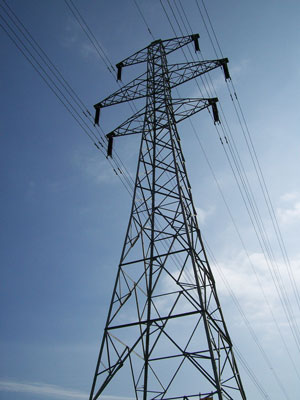 Eskom is mulling the wisdom of demanding tariff increases that will make the electricity price fully cost-reflective in five years, the utility said on Tuesday.
Eskom is mulling the wisdom of demanding tariff increases that will make the electricity price fully cost-reflective in five years, the utility said on Tuesday.
“That is what we in Eskom are discussing at the moment,” finance chief Paul O’Flaherty said on the sidelines of a briefing to parliament’s portfolio committee on energy. “We have to balance the reality of the economy versus what Eskom needs.”
The utility is due to submit its final tariff increase application to national regulator Nersa at the end of August, after receiving comment from national treasury last month.
O’Flaherty said at the moment the average price per kilowatt-hour was 60c but it needed to be 90c to cover the cost of Eskom’s expansion programme and interest of about 10% on borrowings set to reach R350bn by 2015.
In response to questions from MPs, O’Flaherty was adamant that Eskom had to raise the required cash from the electricity price. “Who is going to pay for it if it is not in the tariff?” he asked.
Following electricity price increases of 31% in 2010, and then 16% in the past two years, Eskom’s next tariff hikes are anxiously awaited.
The utility has refused to comment on reports that leaked documents reveal it will now demand annual increases of between 14,6% and 19%.
Earlier this month, Nersa’s Thembani Bukula indicated the regulator was receptive to argument that the price needed to become cost reflective by 2018, the end of the five-year period covered by the tariff application.
But he said outstanding variables would play a role in determining the increases this would necessitate. “We have done our own calculation of what the price increase needs to be, to be cost reflective. Our own model gives us an impression but we need certain inputs from industry.”
Nersa will announce its final decision in February, following an extended period of consultation and public hearings.
Opposition politicians have said it was unfair that consumers should pick up the full tab if Eskom failed to ensure cost efficiency in its building programme.
In the briefing on Tuesday, the utility confirmed that construction on its new Medupi plant suffered a 10-month delay due to problems with the boilers. It said a substantial amount of work had to be repeated because boiler parts were “incorrect”.
But O’Flaherty was vague on whether Eskom intended to impose penalties on Hitachi, the contractor, to recuperate some of the cost. — Sapa




